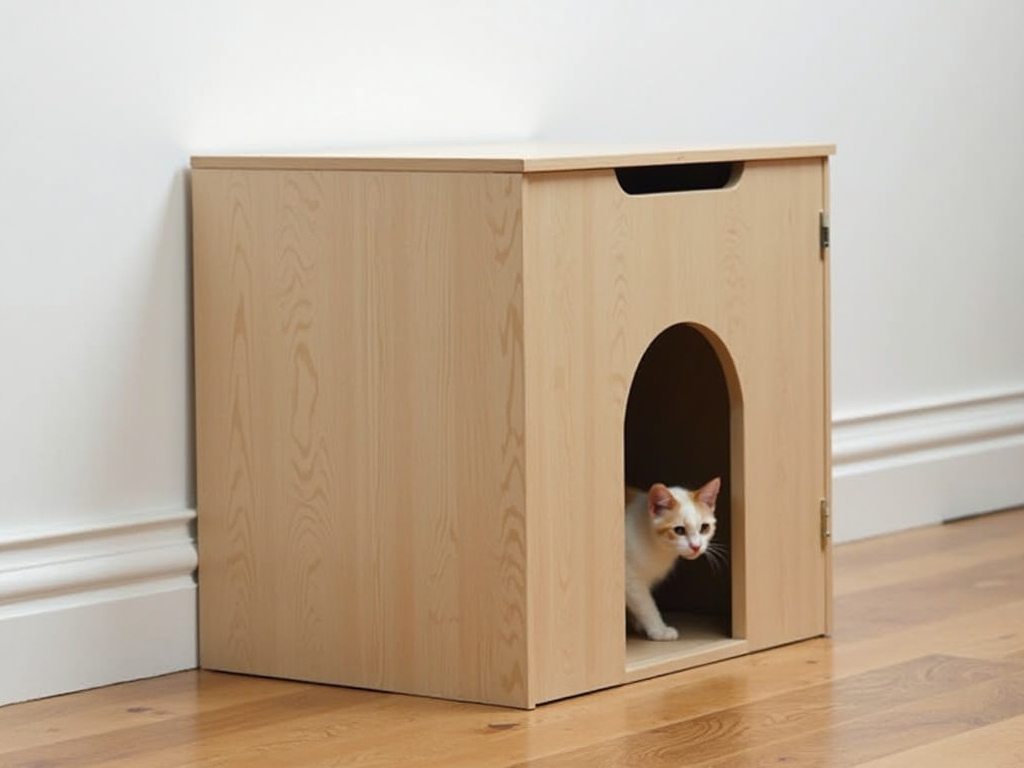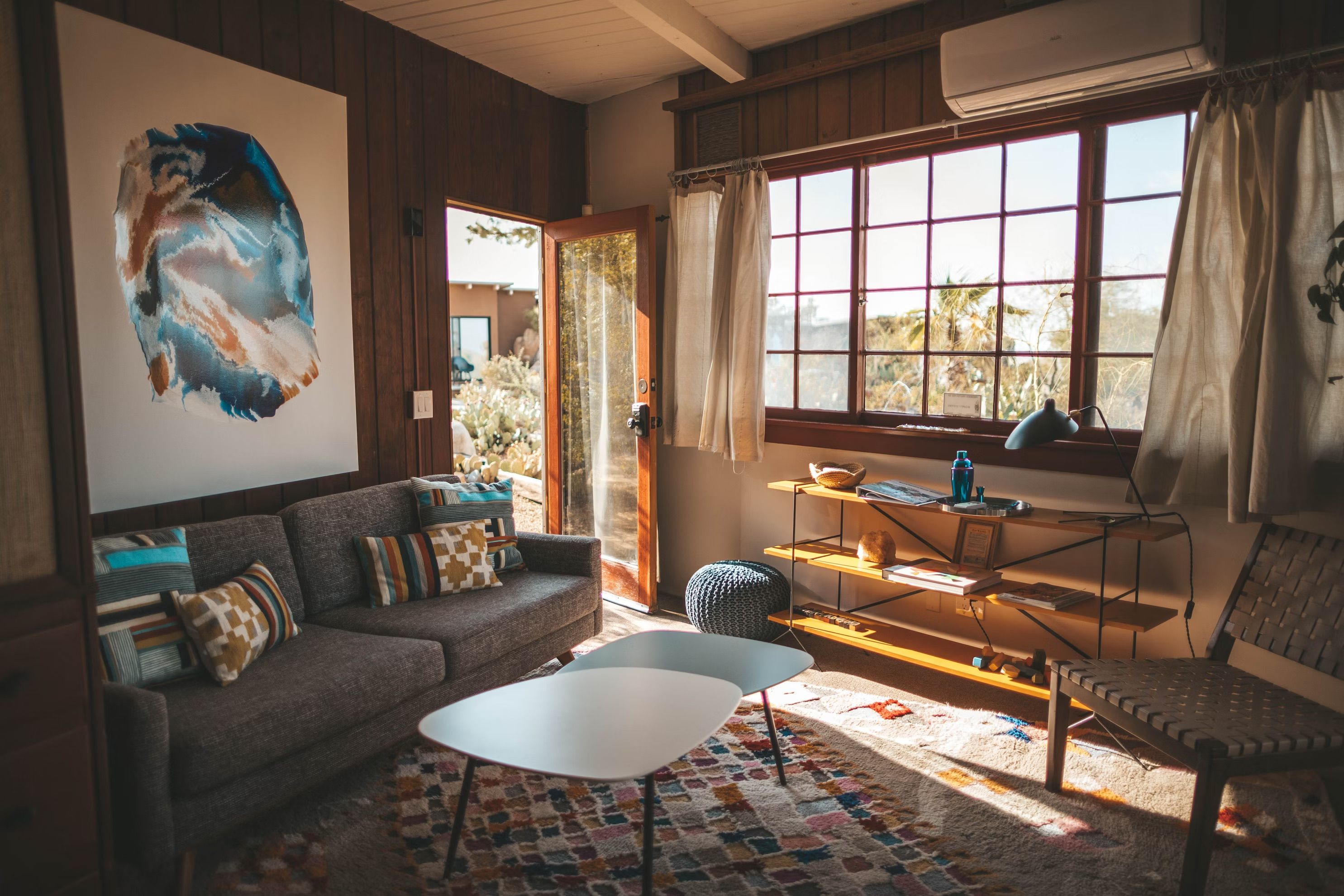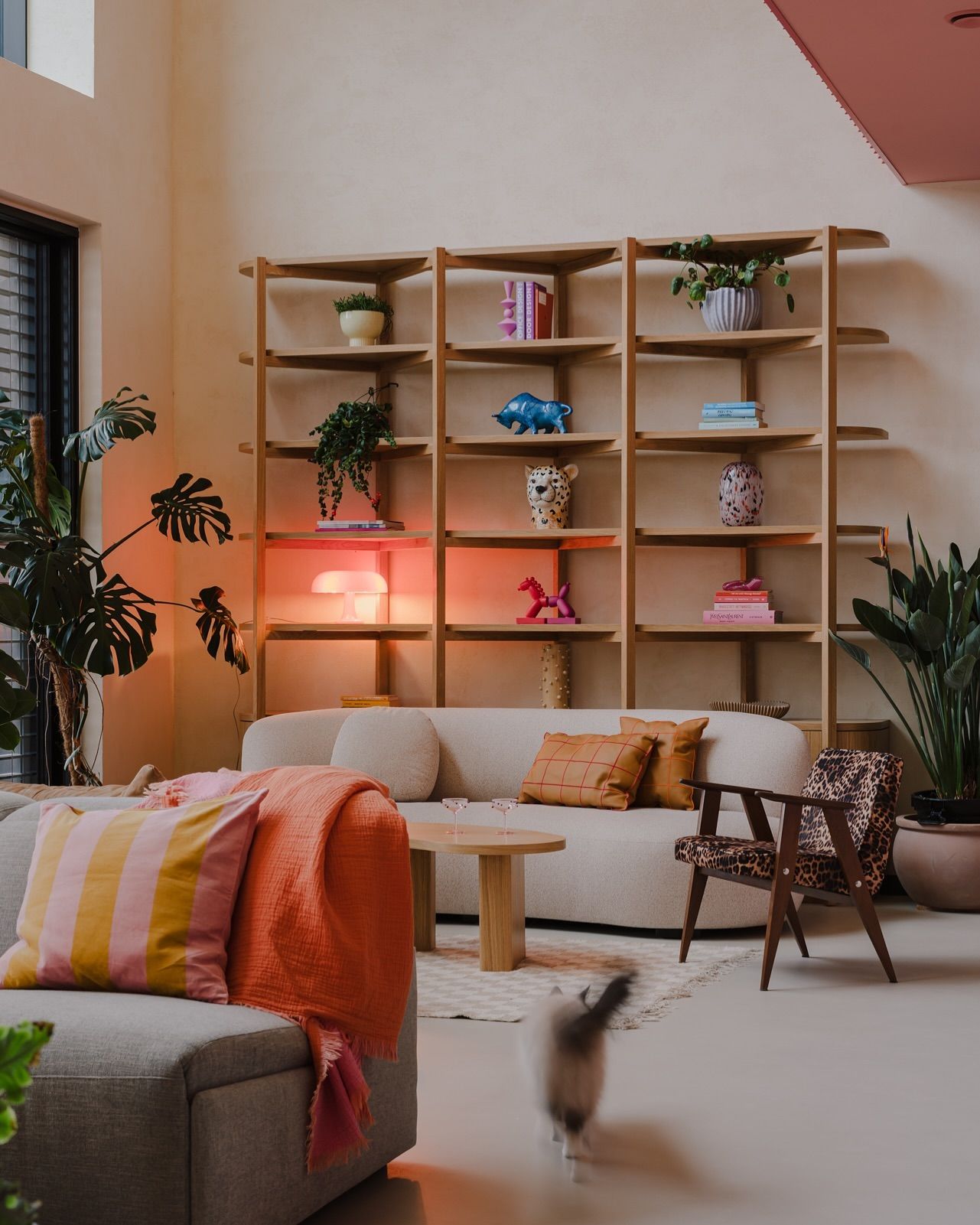Discover Litter Box Enclosure
Spoken matches litter box enclosure across 100s of stores to find you the best price.



Quick facts
Can't find the answer you're looking for? Please get in touch with our friendly team.
How to keep cat litter from smelling?
To keep cat litter from smelling, use a high-quality clumping litter, scoop daily, and change it weekly. Place the litter box in a well-ventilated area and consider using an odor-absorbing mat underneath. Adding baking soda to the litter can also help neutralize odors.
Is it bad to enclose a litter box?
Enclosing a litter box can be beneficial for privacy and odor control, but it may restrict airflow and make cleaning difficult. Ensure there is enough space for your cat to enter and exit comfortably, and consider using materials that are easy to clean.
Do cats prefer enclosed litter boxes?
Yes, many cats prefer enclosed litter boxes as they provide privacy and reduce odors. The enclosed space can make them feel safer and more secure. However, some cats may dislike them, so it's important to observe your cat's preferences.
How can I hide my litter box cheaply?
You can hide your litter box by using a decorative storage bin or a stylish cabinet. Simply cut a hole for access and place it in a corner. Alternatively, consider using a plant stand or a small side table with a curtain to conceal it while keeping it accessible.
Are litter box enclosures worth it?
Yes, litter box enclosures can be worth it. They help contain odors, keep litter from scattering, and provide a more aesthetically pleasing look in your home. Additionally, they can give your pet a private space, making them feel more secure while using the litter box.
Why do vets not recommend closed litter boxes?
Vets often discourage closed litter boxes because they can trap odors and create a stressful environment for cats. Cats may feel confined and less inclined to use them, leading to potential behavioral issues. Open boxes are generally more inviting and easier to clean.
Where should you not put a litter box?
Avoid placing a litter box in high-traffic areas, near the cat's food and water bowls, or in damp spaces like bathrooms. It's best to keep it in a quiet, private spot to ensure your cat feels safe and comfortable using it.
Category Overview
Introduction
A Litter Box Enclosure serves a vital role in creating a harmonious home environment, specifically designed to house your cat's litter box discreetly. By blending functionality with aesthetics, these enclosures elevate the overall comfort of your living space while ensuring that unsightly litter boxes are tucked away. Imagine walking into your living room or hallway and being greeted by a stylish piece of furniture rather than an unattractive litter box—this is where the magic happens.
Functionality
The primary function of a Litter Box Enclosure is to contain odors and maintain cleanliness in your home while providing your feline friend with a private space. Typically positioned in rooms like the bathroom, laundry room, or even living areas, these enclosures can accommodate various types of litter boxes. Additionally, many models come equipped with features like adjustable access doors and removable panels for easy cleaning and maintenance. You might also find options that allow for built-in storage for pet supplies, enhancing utility without sacrificing style.
Design & Style
Litter Box Enclosures are available in diverse styles and materials to suit any decor theme. Common materials include wood, metal, and even fabric; each bringing its unique charm to your home. You'll see design variations from mid-century modern pieces with clean lines to rustic farmhouse-style enclosures featuring distressed finishes. For those who love minimalism, sleek designs create a seamless look that enhances any space without overwhelming it. Personalization options abound—the right enclosure can effortlessly blend into your existing home decor while serving its practical purpose.
Practical Considerations
When selecting the perfect Litter Box Enclosure for your home, consider the size of the room and how much space you have available—especially if you're working with tight corners or smaller areas. Durability is key; heavy-duty materials may be necessary if you have multiple pets or active diggers. Always think about how you'll use it: do you need something purely decorative or more functional? Avoid common pitfalls like choosing an enclosure that's too small for your pet or one lacking ventilation, which can lead to unpleasant odors.
Comparison and Alternatives
When comparing materials for Litter Box Enclosures, wood offers warmth but may require regular upkeep; on the other hand, metal provides durability but lacks some of the aesthetic flexibility found in wood designs. Rectangular enclosures fit nicely against walls but round designs can add visual interest as free-standing pieces in larger spaces. Consider what aligns best with your style preferences and available space; if you lean towards bohemian decor, opt for an enclosure that features intricate detailing or vibrant finishes.
Trends and Popular Items
Current design trends showcase a rise in eco-friendly materials as consumers seek sustainable options for their homes—think bamboo enclosures that offer both style and durability while being kind to the planet. Minimalist designs continue to captivate buyers looking for simplicity without compromising on function; items like compact enclosures that double as side tables are gaining traction among urban dwellers searching for space-saving solutions. Choosing the right Litter Box Enclosure not only improves organization within your home but also contributes positively to both human and feline comfort—making life just a bit easier for everyone involved!